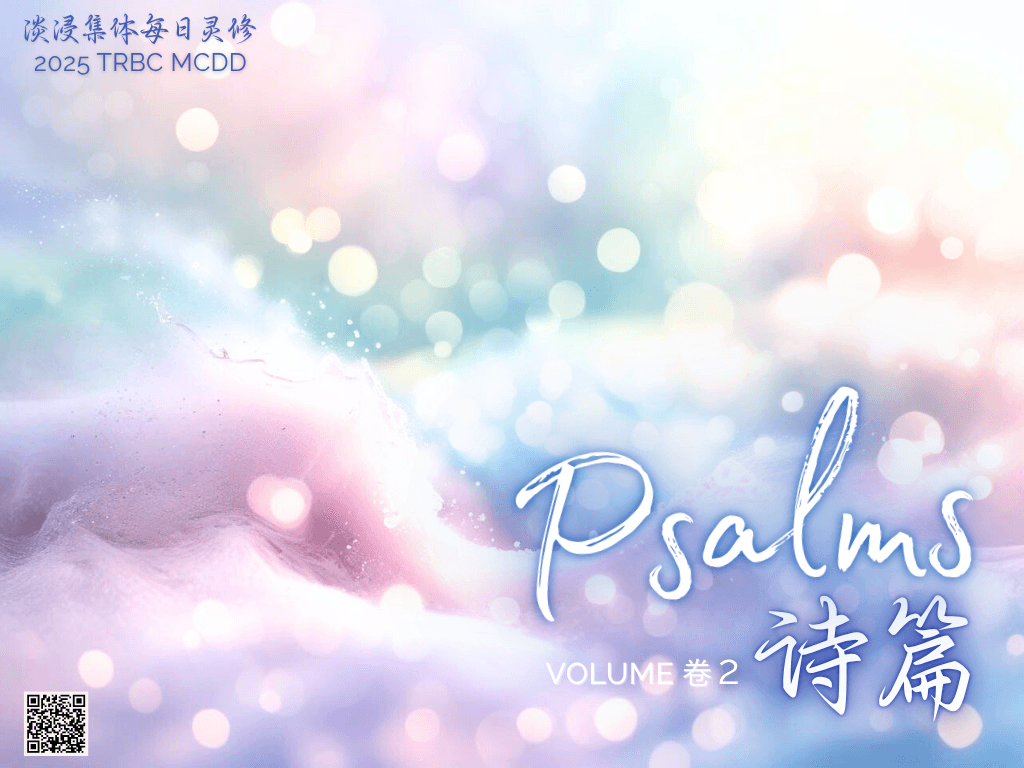Last 5 Days

Shout, Sing, Give, Say

Click here to read Ch66
Psalm 66 can be easily divided into four sections, separated by the word, “selah” - verses 1-4, verses 5-7, verses 8-15 and verses 16-20. In verses 1-3 of the first section, the Psalter renders his heart of gratitude to God with four action verbs that follows by the corresponding objects of gratitude. They are “shout - joy,” “sing - glory,” “give - praise,” and “say - awesome.” In our daily life, we can cultivate the discipline of rendering gratitude to God by remembering who He is and what He has done for us.
In the second section (verses 5-7), the Psalmist recalls how God helped the Israelites by parting the Red Sea and enabling them to cross on dry ground. The Psalter reminds the people to count this blessing of God’s awesome deed. In the same way, we can bring to mind what God has helped us in the past and how we can be grateful for His kindness.
The reflective tone in section three (verses 8-15) then focuses on the testing and trials which the people experience (verse 10). The subsequent expressions, “into the net,” “crushing burden,” “men ride over our heads” and “through fire and water” speak of different sorts of problems that beset the people. Yet in the midst of all these overwhelming situations, the Psalmist reminds the people that God would sustain them by keeping their soul and not letting their feet slip (verse 9). And God will also deliver them by bringing them instead to a place of abundance (verse 12). In response, the Psalmist resolves to thank God by presenting animal sacrifices and burnt offerings (verses 13-15).
The last section in verses 16-20 concludes this Psalm with a prayer of confession. Ps 66:18 is a familiar verse to many people and some have memorized it as well - “If I had cherished iniquity in my heart, the Lord would not have listened.” The word “cherish” means that we are not to “look forward to” or “aim for” someone or something. It is commonly used with a positive note. But the usage here as a warning not to cherish sin is being used with a negative connotation. The entire Psalm then ends with confidence in God in verses 19-20 - when we confess and repent from our sins, God not only forgives all our sins, but He also hears and will answer all our other petitions.
Dear brothers and sisters, take a moment now and reflect which of these four sections are applicable to you in your walk with God today. Do you need to learn to praise God in our prayers? Can you recall an incident in your life that God has helped you? Do you feel that God is testing and refining you in the trial that you are experiencing now? Last but not the least, have you committed any sin against God that He may be prompting you to confess to him right now?
Prayer
[Pray to God with the respond that you made in the preceding paragraph concerning which section of Psalm 66 is applicable to you.]
